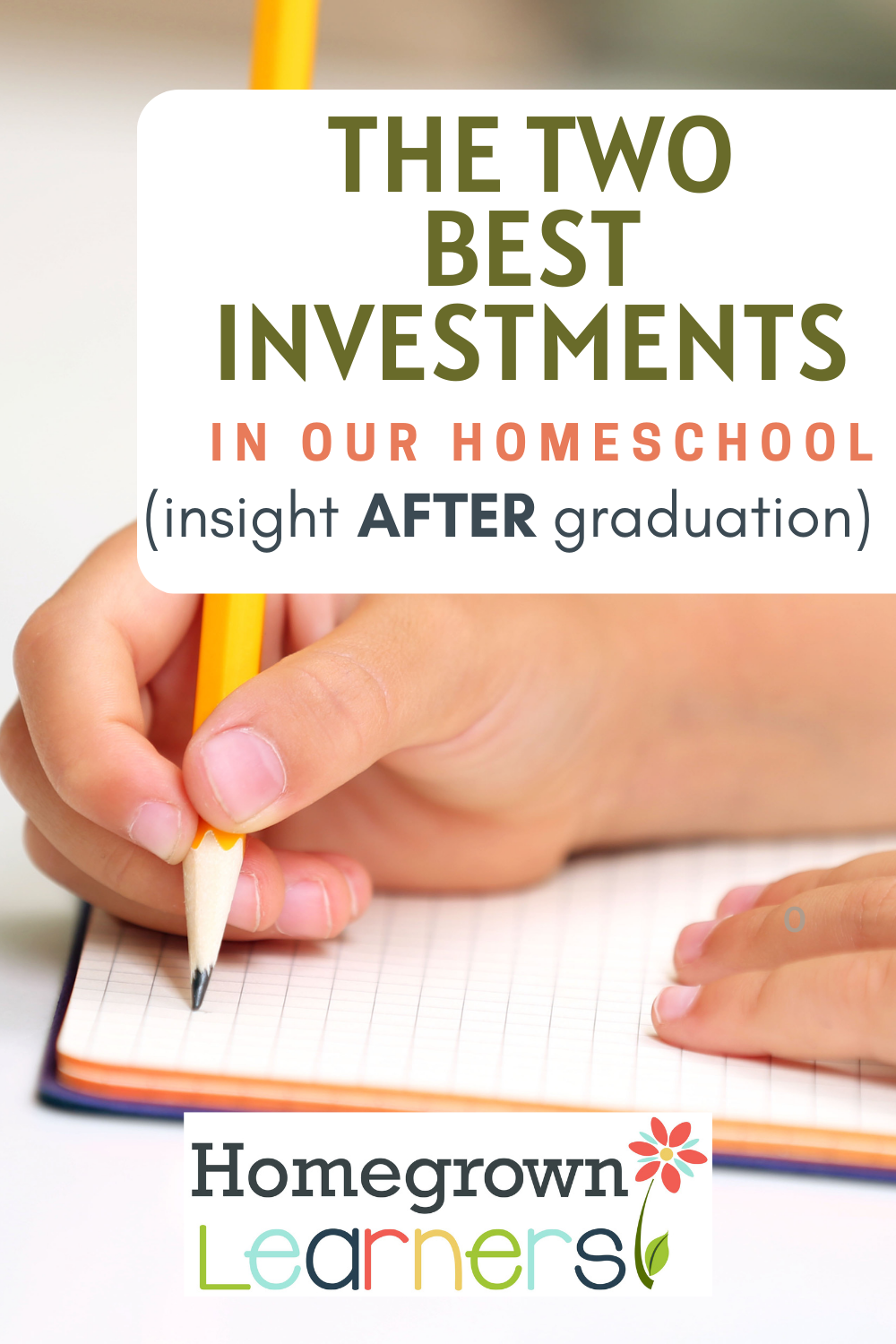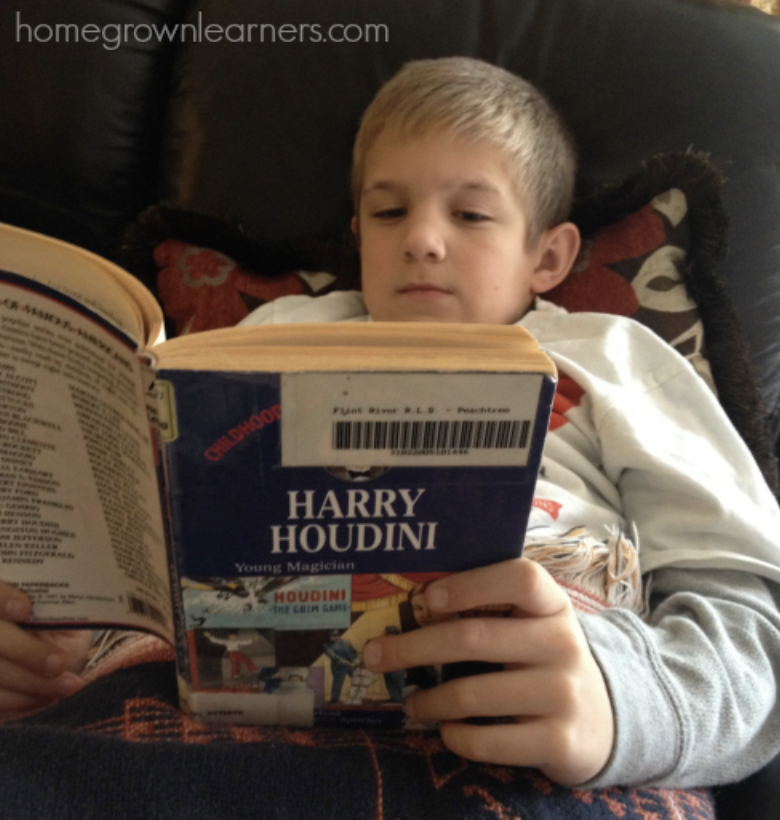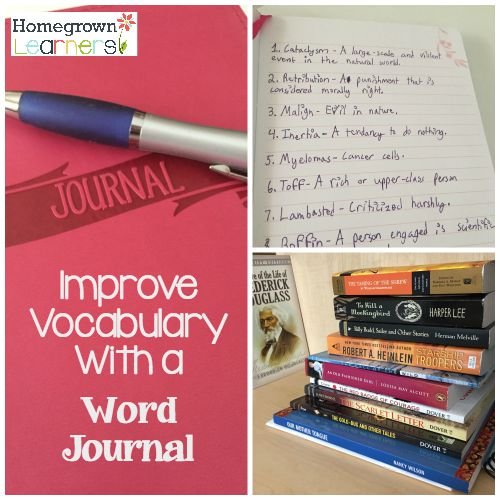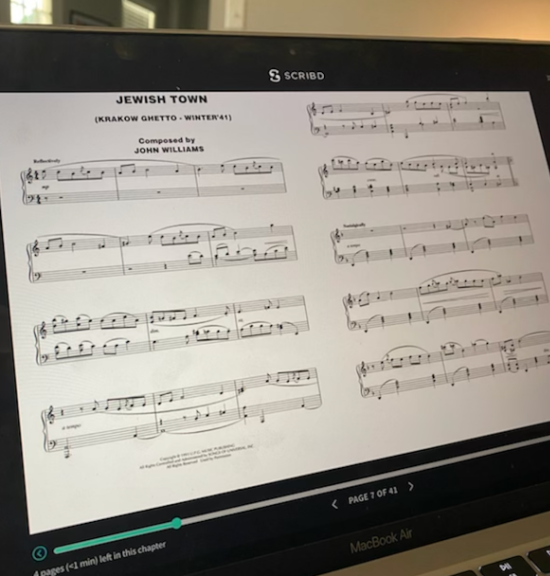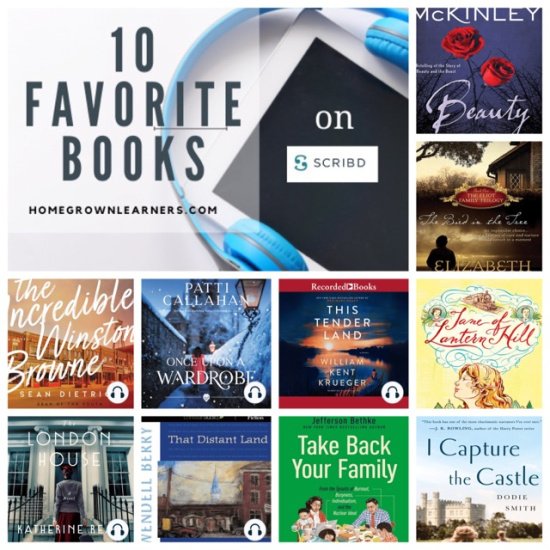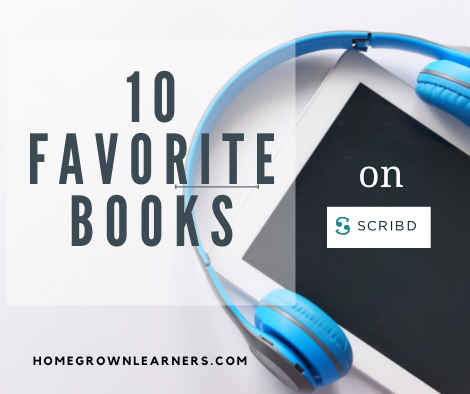Through God’s abundant grace and His leading me to the right resources, mentors, and experiences, my (now adult!) children are equipped for academic (and social) life beyond our home. My technical job as a homeschool mom is finished, and now I feel called to share things that genuinely WORKED in our homeschool.
In just a couple of months, I will have graduated both of my children from our homeschool. One of our reasons for homeschooling was to give our children an academically consistent and sound education.
My oldest graduates from our state’s liberal arts college in May. She is a recipient of a state-funded scholarship which has received all four years. My son will be attending a private university next fall - a recipient of that institution’s highest scholarship award.
This should ENCOURAGE you! Homeschoolers are well-adjusted, bright children whose parents desire the best and seek out opportunities just for them! If you’re reading this blog, you are committed to your children’s success.
Looking back, I can see how we maintained a singular focus throughout my children’s entire homeschool years. That focus was a wonderful investment of time, energy, and resources. I want to share that focus with you.
* Just a little background: Our homeschool was a mixture of Charlotte Mason and Classical methodologies. I also believed in following my children and incorporating many unit studies. When my children were younger we did a lot of interest led learning and incorporated Charlotte Mason’s philosophies liberally. As my children went into middle and high school we participated in Classical Conversations. I believe they benefitted from both approaches.
Communication: The Mastery of Language
I recently heard a great definition of communication - the mastery of language. As I thought about it, that is EXACTLY what I wanted for my children - to master language.
The statistics about students in the United States are not encouraging. Looking at data about reading and writing is discouraging.
According to The Literacy Project, the average American reads at a 7th-8th grade level.
“Only about 27% of students measure at the proficiency level from grades four through twelve when it comes to their writing skills.” (source)
When we began homeschooling, my husband was a Software Developer - he was valued in his company because he had excellent communication skills; he could walk into a client site and speak to a customer’s needs. There was a dire need for professionals who could COMMUNICATE effectively.
We knew communication had to be a focus in our homeschool. But how did we practically go about that - over 12 years of schooling?
The skill of being an effective communicator comes down to the mastery of two distinct subjects - reading and writing. As I’ve observed my children throughout their high school and college careers, I’m thankful we were led to pursue these skills above all others.
Reading in the Homeschool
Read aloud ALL THE TIME! I was blessed to have children who quickly learned and wanted to be read to. (In fact, my blog post Why You Shouldn’t Teach Them to Read, has generated a bit of controversy since I published it in 2016.) If your children are growing up in a literature-rich environment, most of them will learn to read independently. Reading aloud is the single best thing you can do to build competent communicators.
The more my children heard me reading aloud, the more they could speak well. They began to use words I used in our read-alouds. Without them knowing it, they parroted beautiful language! Over many years they became articulate young adults who have lovely conversations with you, stand up and read the scriptures in church, or offer a defense of a particular argument in a college class.
The more my children read aloud TO ME, the more they learned to read with emotion and clarity. My youngest is 18 and a senior - I still require him to read aloud during our Morning Time. It has proven invaluable.
Resources during the Elementary Years:
The Well-Trained Mind - This was the first homeschool book I read, and I credit it with getting me on the correct course. Although we would become more eclectic homeschoolers, many of the principles I learned in this book served our homeschool well.
First Language Lessons - quick, simple, practical lessons that are precisely what the title says - first language lessons. “First Language Lessons Level 1 uses copy work, narration, picture study, and other classical techniques to develop language ability.”
The Story of the World - although this is a history curriculum, it goes along nicely with First Language Lessons and exposes children to rich literature and history. My children loved the audio, which fueled a love of reading. It features Jim Weiss, the master storyteller. The more they listened to his storytelling, the more they craved. This all set the stage for an affection for beautiful things!
Sonlight Reading Lists - As I began to piece together activities for my young children, I knew we needed beautiful books. Sonlight provided lists of books that were from a Christian worldview and of the highest quality.
Ambleside Online - Again, I went to Ambleside to find reading lists!
Five in a Row - I loved choosing many of the FIAR books and using them for the spine of our week. We often had book dinners for our favorite books.
Word Journals - My oldest especially enjoyed doing this. A fancy journal, colored pens - and off she went. I asked her to creatively record words (and definitions) she didn’t know.
Writing Instruction in the Homeschool
Charlotte Mason said, “If we could believe it, composition (writing) is as natural as jumping and running to children who have been allowed the due use of books.” (Home Education p. 247)
I found this to be entirely true. When my children first started to write their own simple stories and keep their journals, their writing was very sophisticated for children their age. Why? They had been immersed in beautiful language and naturally imitated it. That being said, here are the resources we used to refine their writing:
Writing Resources in The Homeschool:
Writing With Ease - I used this with my oldest child during the elementary years. It had a lot of narration, copy work, and dictation. Simple and beautiful.
IEW - Because we were in Classical Conversations/Essentials with my youngest, writing instruction for him began in fourth grade. I watched his writing flourish during this time. (Take a look at a presentation my son gave - he wrote a paper and presented as Ronald Regan - in fourth grade. IEW is quite structured and rigorous, but if you follow the program I believe it helps children become excellent writers. This time also included intensive grammar instruction, which was invaluable!
The Lost Tools of Writing - Both of my children used this program in the upper levels of CC Challenge (7th-10th grade for both of them). This was the perfect follow-up to IEW - it is for students who “already have a relatively solid understanding of grammar and sentence structure and who have at least a rudimentary amount of writing experience – and, most importantly, who are ready to think for themselves.”
Advanced Placement Literature & Composition - 11th Grade - Both of my children took this class online through HSLDA Academy. Taking it during the 11th grade helped them work on their writing while they were also getting ready to apply to college and write essays. This was a challenging class, but I felt it was essential to have an outsider teach and critique my children's writing! (And - if their score on the AP exam was high enough, they could receive college credit.) Additionally, doing well on an AP exam gives our homeschool students a measure of credibility when colleges look at their transcripts!
Diagramming sentences is well worth the effort!
Bonus Homeschool Skill: Speaking
Another fantastic investment made was speaking/peforming in front of others.
Being in Classical Conversations ensured my children had weekly opportunities to present in front of others. When I watch them now - conversing with adults - they are articulate, organized, and maintain eye contact. They aren’t flustered when someone puts them on the spot. They can defend essential ideas.
My children like to say I “voluntold” them often for reading the lessons during church. This was wonderful practice!
One other thing: piano recitals gave my children a healthy amount of stress performing in front of others. The preparation and feeling of accomplishment surrounding competitions and recitals helped them so much!
The mastering of language was our focus throughout all of the homeschool years. Looking back, I can now see so clearly how all of the reading, writing, diagramming, presenting - and yes, sometimes prodding - paid off in spades!
I’d love to hear about any resources you have used - or any questions you might have. Leave me a comment below!
You might also like:
One Simple Way to Improve Your Vocabulary
Reading for Kids (a page of resources!)

